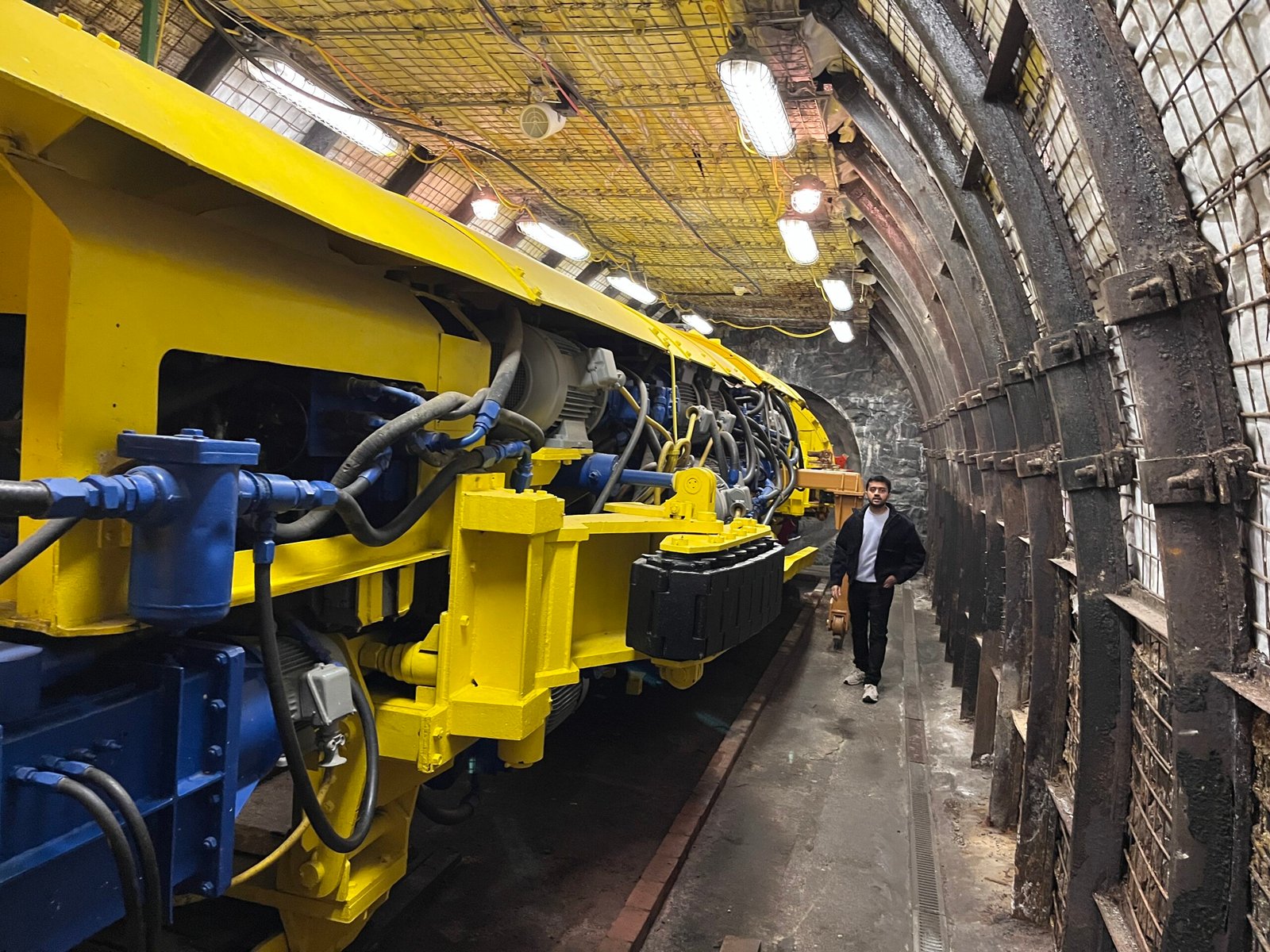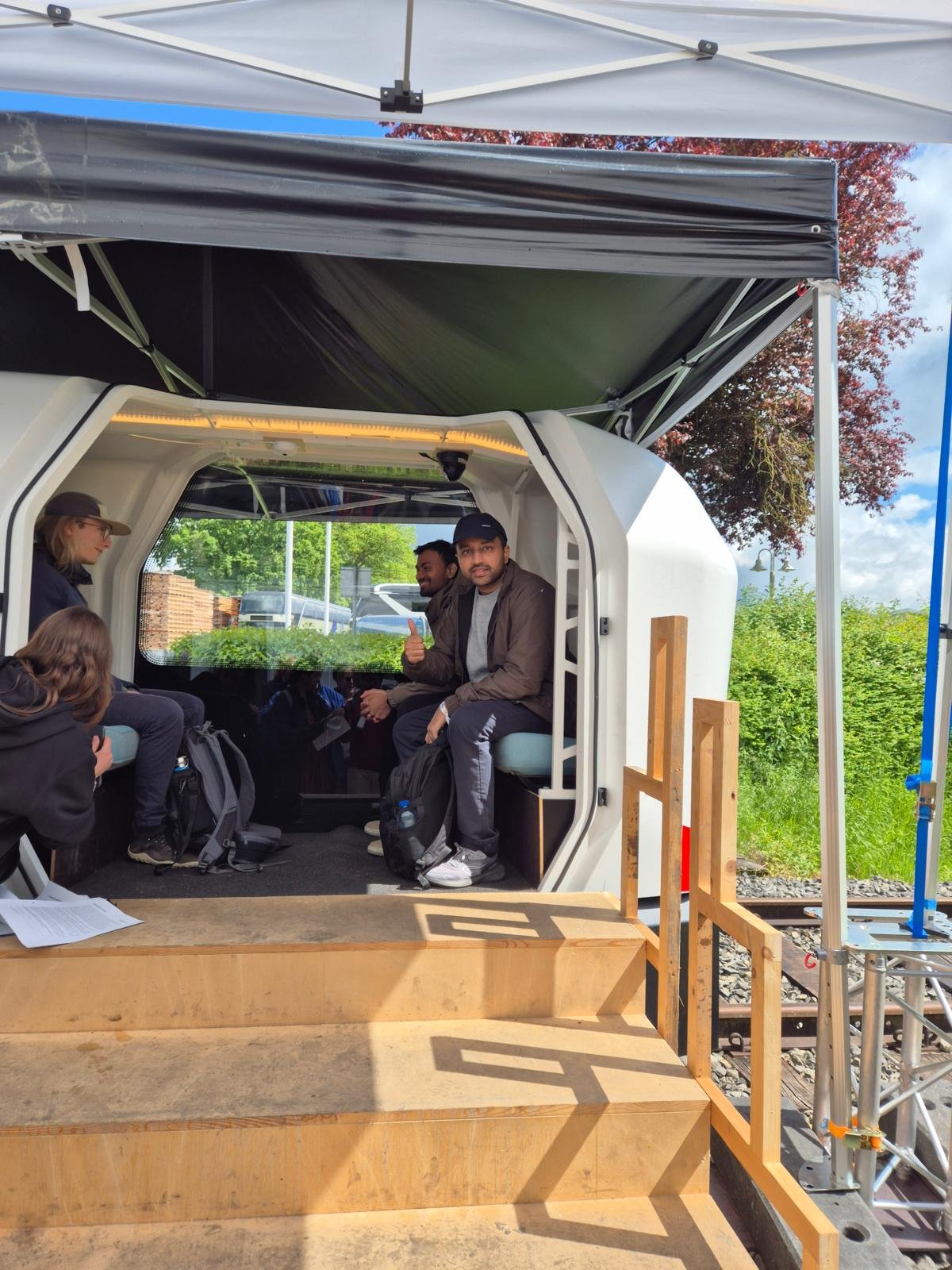For students planning to study STEM courses in Germany, one thing is almost guaranteed: lab work. Whether you love it or not, lab work is unavoidable. Personally, I don’t like it, but after studying engineering at a German university, I quickly learned that there is no escaping it.

Back in school, in India, labs were exciting. They were a break from boring lectures, a chance to get out of the classroom with friends. At the university level in Germany, things change. Responsibility increases significantly, mistakes can be costly, and expectations are high. Here’s what to expect.
1. High Responsibility from Day One
Even at the bachelor level, you are expected to handle experiments largely on your own. Setting up equipment, preparing materials, taking readings, and cleaning up afterward all falls on you. Supervisors assume you can follow instructions and troubleshoot small problems independently. It can feel intimidating at first, especially if you are used to more guided lab work.
2. Strict Safety Rules
Safety in German labs is taken very seriously. Lab coats, gloves, goggles, and proper footwear are mandatory, even for seemingly minor experiments. Even small lapses are frowned upon. I remember my first week, fumbling with a gas cylinder and realizing I had to double-check every connection. Supervisors rarely scold harshly, but a small mistake can have serious consequences in some cases, so taking safety seriously is essential.

In some cases you might have to work with flammable gases and other fluids, which requires passing specific exams depending on the course before you can be admitted to work in the lab. A lab ID is then issued by the university which needs to be presented before every session.
3. Documentation Is Everything
Every measurement, adjustment, and step of an experiment must be logged in detail. Messy or incomplete notes are not accepted. While it may feel tedious at first, documenting everything ensures experiments are reproducible and teaches discipline. Over time, it becomes a habit that is invaluable for research or industry work.
4. Expect to Work Alone
Labs in Germany can be quiet and solitary. You may be the only student running your experiment at a time. The quiet is not unfriendly; it is just part of the working culture. Pacing quietly, monitoring instruments, and focusing intently is normal. After a while, I started appreciating the calm; it allows you to notice details that would be missed in a noisier environment.

5. Experiments Are Time-Consuming
Experiments rarely finish in one sitting. Sometimes you need to come in early or stay late to complete tests or wait for readings to stabilize. You quickly learn that planning your day and managing your time efficiently is critical if you want to finish on schedule. On some days my work stretched beyond university hours and I would see the security pasting a sticker on the main door to make sure im not locked in.

6. Mistakes Can Be Expensive
Equipment is costly, chemicals can be dangerous, and errors can ruin hours of work. Unlike school labs, mistakes have consequences and can set you back days. Even small oversights, like mislabeling a sample, may require redoing an entire procedure.
I had to deal with entire testbenches which have multiple subsystems that operate in coordination and deal with flammable gases such as hydrogen. The costs of such setups easily go into many thousands of euros.

7. Learning by Doing
Supervisors often expect you to try first before asking questions. This can feel challenging at first, but it teaches independence and problem-solving skills. You learn to read manuals carefully, troubleshoot on your own, and gain confidence handling lab equipment. Over time, this hands-on learning becomes one of the most valuable aspects of working in a lab.
8. Precision Is Critical
Small differences in measurements or procedure can have a major impact on results. Attention to detail is non-negotiable. You will notice that even minor deviations are quickly flagged by supervisors or peers. Developing precision and care is one of the most important skills you gain in a lab.
9. Communication and Cleanliness Matter
Labs are often shared spaces. Cleaning up thoroughly after yourself, labeling samples correctly, and logging equipment usage are all part of your responsibility. Respecting others and maintaining a tidy workspace is essential to avoid conflicts and ensure smooth workflow.
10. Lab Work Teaches More Than Science
Working in a German lab teaches you more than just technical skills. You also gain discipline, independence, time management, and attention to detail. You experience a work culture that is methodical, precise, and focused. These lessons carry over beyond the lab, preparing you for research, industry, or any professional career.
Working in German labs is a true test of responsibility and discipline. Strict safety rules, long hours, and a quiet working culture demand focus and precision, and mistakes can be costly. Success comes from approaching experiments methodically, managing time effectively, and paying attention to even the smallest details. Lab work teaches independence, patience, and problem-solving in ways that lectures alone cannot. It is demanding, sometimes tedious, and occasionally frustrating, but the skills and habits it builds are invaluable.





Leave a Reply